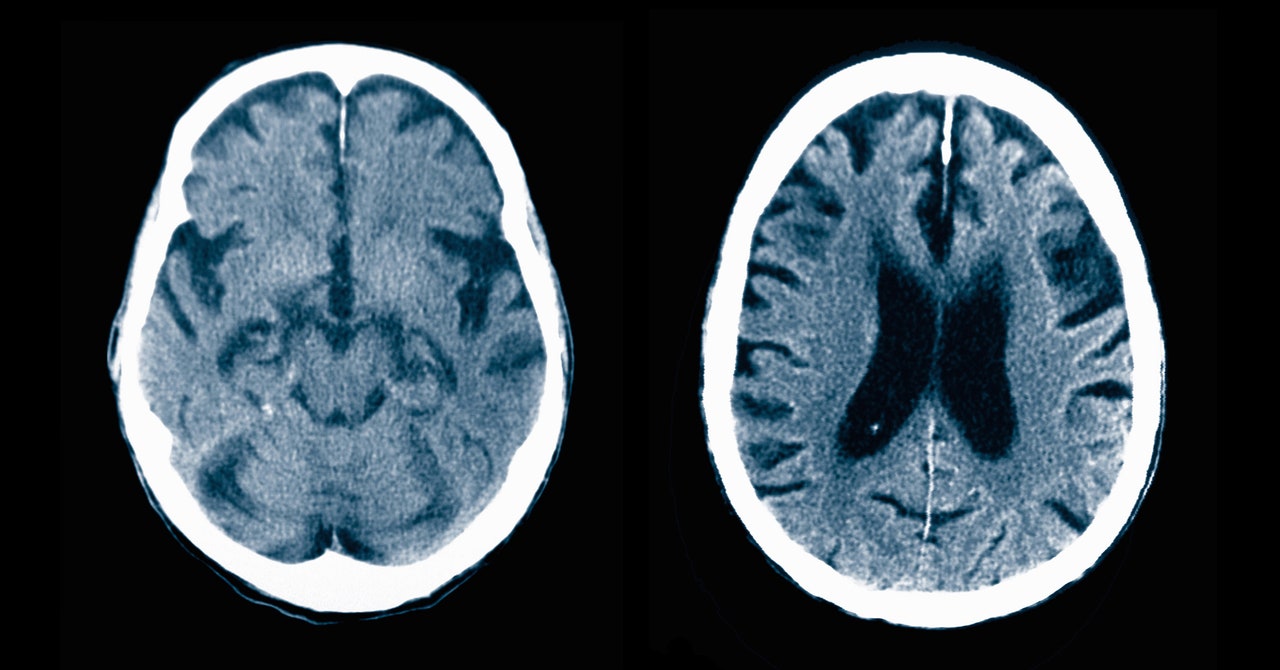Millions of older adults likely have minor memory issues that can later become dementia. But only a fraction of them are diagnosed early enough for new treatments to stand a chance.
Millions of people over the age of 65 likely have mild cognitive impairment, or MCI—minor problems with memory or decisionmaking that can, over time, turn into dementia. But a pair of recent studies both concluded that 92 percent of people experiencing MCI in the United States are not getting diagnosed at an early stage, preventing them from accessing new Alzheimer’s treatments that may be able to slow cognitive decline if it’s caught soon enough.
“We knew it was bad. But we didn’t know it was that bad,” says Ying Liu, a statistician at the University of Southern California Dornsife’s Center for Economic and Social Research and a researcher on both studies.



I see this in my office constantly and there are lots of reasons surrounding it. All of my patients get a mini mental status exam (MMSE) with their yearly physical after age 65.The ones with any impairment tend to deny it as real. If there is impairment, I try to work it up with labs and then a brain MRI. Insurance won’t cover a brain MRI for MCI, so it has to be coded as “memory loss”. Memantine and donepizil are not indicated for MCI, just dementia, so we don’t prescribe them that early. We wait until it progresses. Also, I’ve seen a ton of patients over the years who have “microvasular changes” on brain imaging done for other reasons that no one has discussed with them, much less actually done an appropriate cognitive assessment and further workup. I don’t know why I am such an outlier in these areas, because I’m not doing things that aren’t indicated by specialty recommendation. I think it’s just another sign of our broken system.
Any suggestions for someone with a parent who openly acknowledges that he’s having cognitive changes / difficulties? I get the sense he’s experiencing precisely this kind of pre-dementia decline. He’s on Medicare, FWIW. I just assumed nothing was realistically available (thanks, US healthcare system for the deep sense of futility), but would love to be wrong.